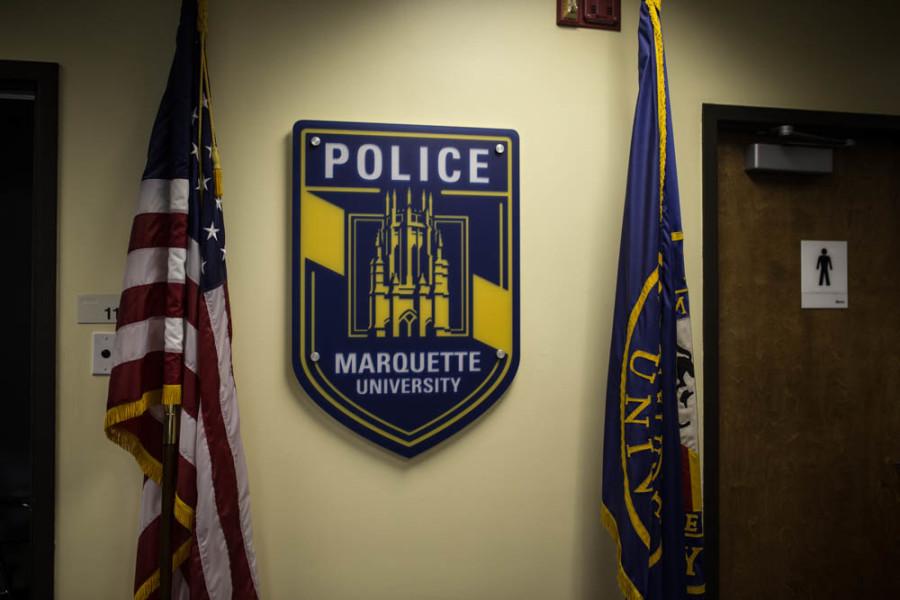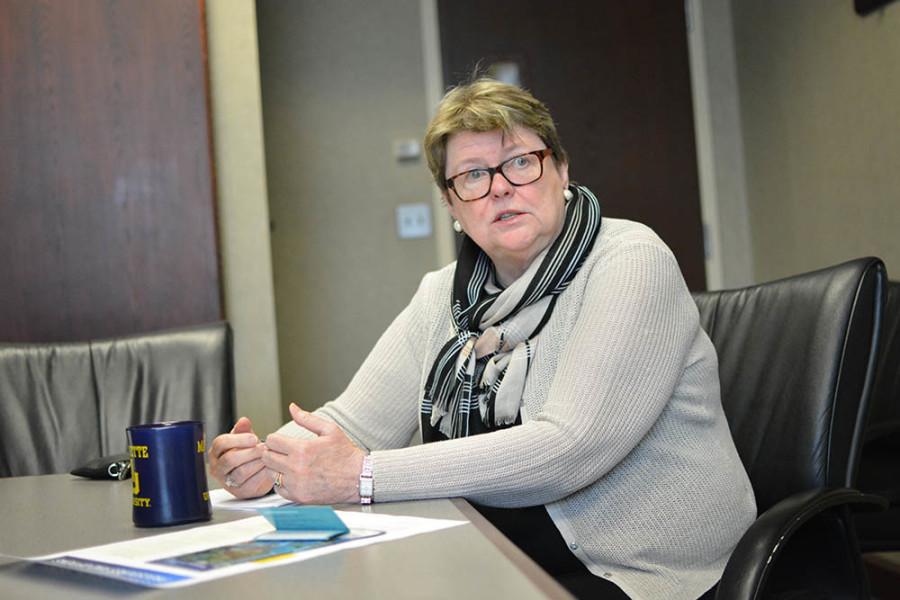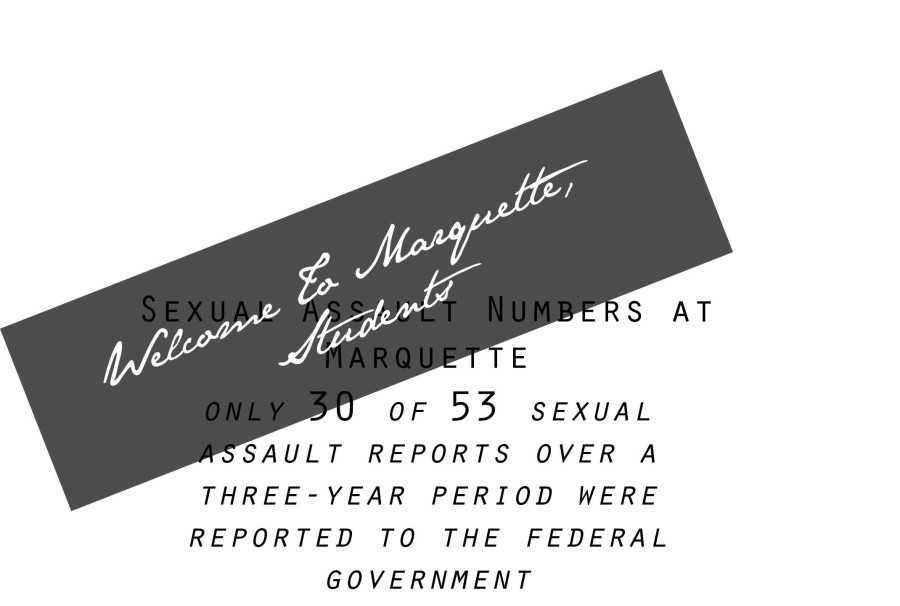The state of Wisconsin approved its 200,000th concealed carry permit, a benchmark that comes just weeks before the Nov. 1 two-year anniversary of Wisconsin’s concealed carry law being put into effect.
Russell Shaw, interim director of the Department of Public Safety, said that if someone was to bring a gun on Marquette’s campus, they would need to follow certain guidelines.
“(People) should know that if they are going to come onto our campus, they should have their weapons stored in their vehicle somehow,” Shaw said. “I certainly wouldn’t recommend that because you never know what could happen.”
Shaw said DPS allows students to store their weapons in the office while living in residence halls, or just for safe-keeping. Students need to give 24-hour notice before retrieving their weapons.
Shaw also said that, although guns are banned on Marquette’s campus, there is no such rule outside its borders, so DPS or the Milwaukee Police Department can do nothing to prevent people from carrying guns outside of campus.
Wisconsin was the 49th state to allow concealed weapons with a permit and, despite opponents of the law, there have been very few incidents involving concealed weapons. Now, all 50 states have some form of a concealed carry law, with Illinois becoming the last state to adopt such a law in July.
A potential applicant for a Wisconsin concealed carry permit must go through several steps before he or she is able to carry a concealed weapon. First, the potential applicant cannot have any state or federal mandates saying that he or she cannot carry a weapon, as is the case for many people on parole and probation.
According to the Wisconsin Department of Justice, the applicant must then fill out an application, which includes a $40 fee, as well as proof that the applicant completed an approved training course.
An incident occurred in Milwaukee last January when a grocery shopper with a concealed carry permit shot at two men who tried to rob the store. The store reportedly had a sign banning concealed weapons in the store, but prosecutors decided not to charge the shooter.
Tyler Martin, a sophomore in the College of Arts & Sciences, said concealed carry permits are unnecessary, especially on college campuses.
“(I don’t feel safe) because a lot of the people that may have a gun in Milwaukee could be unstable, or could have it for the wrong reasons,” Martin said. “In general, I don’t think I am completely comfortable with it unless you have the absolute means to want to carry one, if you have the training or if it’s for your job.”
A study done across 15 Midwestern universities reaffirms Martin’s thoughts. In the survey 78 percent of students said they opposed concealed handguns on campus and would not obtain a permit to carry a handgun if it were legal, according to a study done by Ball State University.
The majority of students surveyed said they would not feel safe if faculty, students and visitors had weapons on campus. About 66 percent of the 1,649 students surveyed said carrying a gun would not make them feel less likely to be troubled by others.
Ball State researcher Jagdish Khubchandani said the study should be used to help lawmakers decide whether to allow concealed carry permit holders to bring guns to campuses.
“To me, it’s clear that we need to have decision-making on this idea,” Khubchandani said in the study. “But the people that should be involved are the students and the campus police chief instead of a policymaker.”
According to the National Conference of State Legislatures, 19 state legislatures introduced bills in 2013 to allow concealed carry on campuses, and two of them failed. The conference also said that five states tried to pass laws preventing guns on campuses in 2013, all of which failed.




